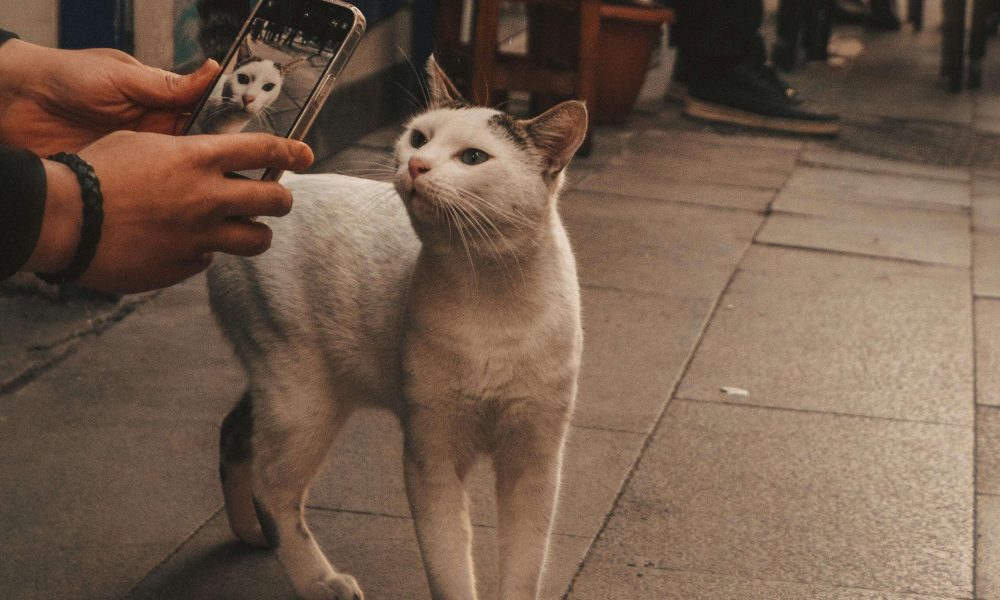Good photos are one of the simplest — and most powerful — tools to help your rescue stories reach more people and inspire more donations. But not every group has a professional camera or budget for a photographer. The good news? You don’t need either.
Here’s how to take strong, emotive photos with just your phone — and use them to boost your fundraising.
- Get down to their level: Photos taken at the animal’s eye level are always more engaging than shots from above. Kneel down or lie on the ground — it helps capture their personality and makes supporters feel more connected.
- Find the light: Natural light is your best friend. Take photos near a window or outdoors. Early morning or late afternoon light is softer and warmer. Avoid harsh midday sun — it can cast strong shadows and make animals squint.
- Clear the clutter: A clean background helps supporters focus on the animal, not what’s lying around. Move bags, bowls, or tools out of the frame if you can — it makes a huge difference.
- Capture before and after: A single good “before and after” transformation photo can move people to donate more than paragraphs of text. Snap photos when an animal arrives — no matter how rough they look — and take progress shots to show their journey.
- Get the eyes: If the eyes are sharp and clear, the photo will grab attention. Tap the screen on your phone to focus on the eyes — and wait for that split second when the animal is looking at you.
- Use them everywhere: Once you have your photos: use them! Add them to your donation pages, social posts, email updates and funding appeals. A strong photo can stop someone scrolling — and convince them to help.
- Always get consent: If an animal is rescued from a private owner or if people appear in the photo, always get permission before sharing.
In Summary
You don’t need fancy gear — you just need a bit of thought and care. A clear, well-lit photo can tell a story that words alone can’t. And the better you tell your stories, the more support you’ll win for the animals who need you.
Got a tip for fellow rescuers? Let us know — we’d love to share your ideas with the wider community!

